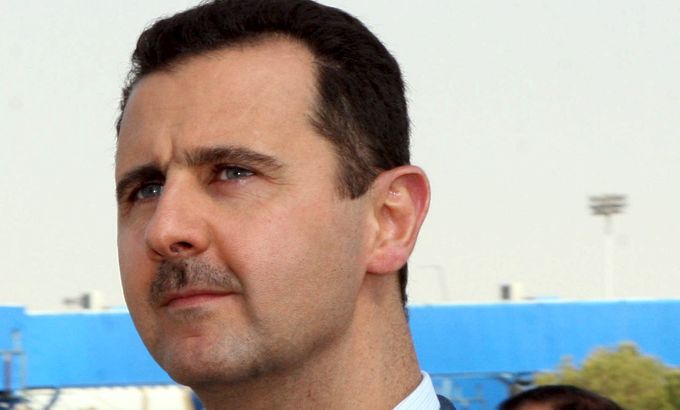
Who really calls the shots in Damascus?
As violence worsens, we ask if the regime views the failure of the UN resolution as an excuse to step up its crackdown.
In the past week, since the Russian and Chinese veto in the UN Security Council, we have seen a significant rise in violence on the streets of Syria.
|
“The problem with the [Syrian] leadership is that they are living on another planet. They don’t realise the reality on the ground. They think that with their oppressive measures they can stop this uprising. [It] is too late for that.“ – Bassam Imadi, a former Syrian ambassador to Sweden |
A number of the countries that supported the vetoed peace plan are urgently looking at new solutions.
Meanwhile, the propaganda war is also being stepped up by all sides.
The US State Department has released satellite images of what it says are heavy weapons being used to shell residential neighbourhoods in the city of Homs.
And there conflicting claims inside Syria over who was responsible for bomb blasts in the city of Aleppo.
So, who can stop the bloodshed in Syria, and what can regional powers do while deep divisions among the international community remain?
|
“From day one the [Syrian] regime has believed that the military solution is the only solution to put down the popular and peaceful uprising.“ – Abdel Khaliq Abdella, a political science professor |
Has the Syrian regime viewed the failed UN resolution as a victory and an excuse to double down and step up its crackdown on the uprising?
What is going through the minds of the Syrian leadership and who really calls the shots in Damascus?
Has the failure of the UN resolution accelerated the militarisation of the uprising?
Joining Inside Syria to discuss this are: Bassam Imadi, a former Syrian ambassador to Sweden; Yousef Kanli, the former editor-in-chief of Turkish Daily News; and Abdel Khaliq Abdella; a professor of political science in the United Arab Emirates.
| “Millions of Syrians and millions of Arabs are saying ‘shame on you China, shame on you Russia’ for supporting a brutal regime and for being on the wrong side of history and on the wrong side of justice.”
Abdel Khaliq Abdella, a professor of political science |